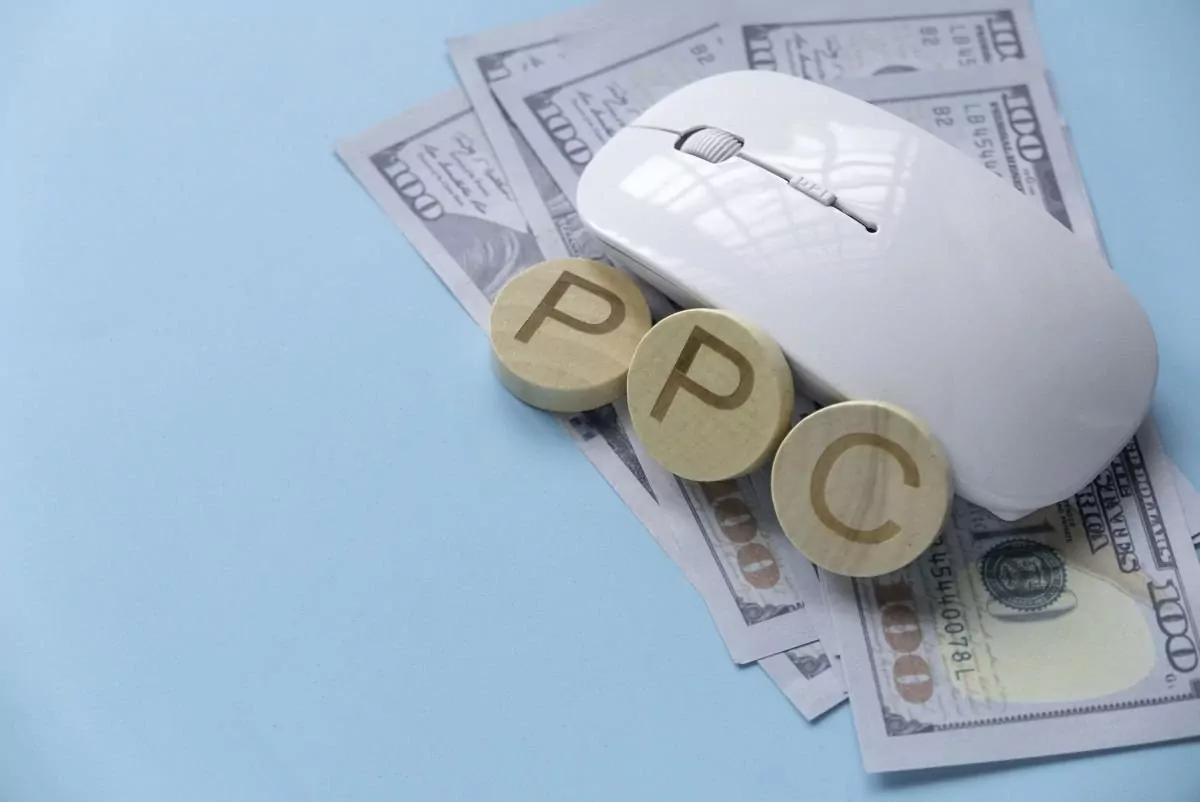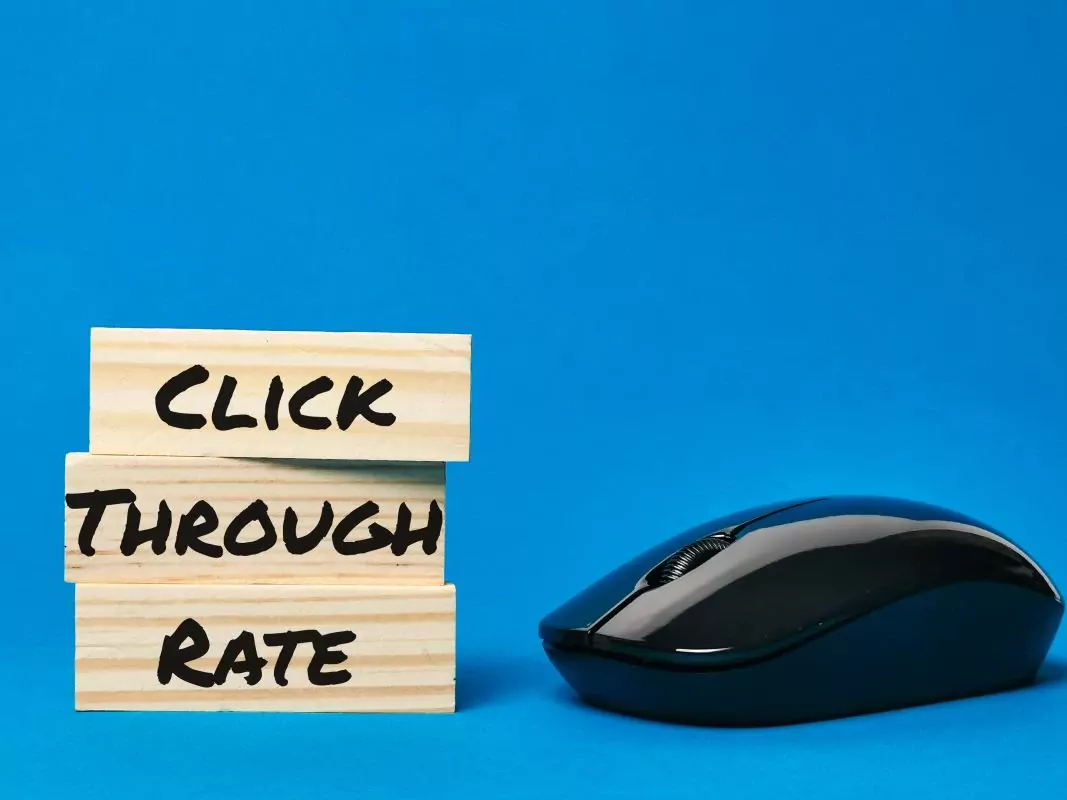Optimizing Your PPC Leads and Campaigns
12 Real-World Strategies That Actually Work

Improving your PPC lead quality should be straightforward, but most businesses are completely screwing it up. I've been running these campaigns since Google AdWords was still finding its feet, and I can tell you something - most companies are burning through cash on ads that perform worse than a broken vending machine.
The truth? PPC isn't just about throwing money at keywords and hoping for the best. It's about precision, relentless testing, and actually understanding what makes people click that button.
Start With Intent-Based Keyword Strategy
Here's where most people mess up from day one. They're picking keywords without any real strategy behind it. You need to think like a detective, not someone playing the lottery.
I learned this the hard way when I was burning through $5K a month on broad match keywords that were attracting everyone from bargain hunters to people who just accidentally clicked. Long-tail keywords aren't just "nice to have" - they're your secret weapon. Someone searching "best CRM software for small law firms" is infinitely more valuable than someone typing "CRM."
The magic happens when you understand search intent. Are they browsing, comparing, or ready to buy? Match your keywords to where they are in that journey.
Craft Ad Copy That Actually Works
Your ad copy needs to solve a problem in 90 characters or less. No pressure, right?
I've seen too many ads that read like they were written by people who've never had a conversation with another human being. "Innovative solutions for your business needs." What does that even mean?
Instead, speak directly to their pain point. "Tired of chasing invoices? Get paid 40% faster." See the difference? One makes you yawn, the other makes you want to know more.
Master the Art of Negative Keywords
This is where you save your sanity and your budget. Negative keywords filter out the people who aren't going to buy from you anyway.
I once had a client selling premium kitchen appliances who was getting clicks from people searching "cheap blenders." Every click was money down the drain. Build your negative keyword list like your budget depends on it. Because it does. Review it monthly, not quarterly.

Design Landing Pages That Convert (Not Just Look Pretty)
Your landing page is where deals get made or lost. I've seen gorgeous landing pages with conversion rates that would make you cry.
Match your landing page message to your ad copy. If your ad promises "30-day free trial," that better be the first thing I see when I land on your page. And please, make sure it loads fast. Nobody's waiting 5 seconds for your masterpiece to appear.
Leverage Smart Bidding Strategies
Google's machine learning isn't perfect, but it's gotten ridiculously good at optimizing bids. Target CPA and Target ROAS bidding strategies can outperform manual bidding, especially once you've got enough conversion data.
But here's the catch - you need patience. These algorithms need time to learn. I've seen businesses panic and switch strategies every week. Give it at least 30 days before you start making judgment calls.
Implement Audience Layering
This is advanced stuff that most people completely ignore. You can layer demographic, interest, and behavioral audiences on top of your keyword targeting. It's precision targeting that actually works.
I had a B2B client who was targeting IT managers. When we layered on "in-market for business software," conversion rates jumped 60%. Same keywords, better targeting.
Optimize for Local Intent
If you're serving local customers, geo-targeting isn't optional - it's survival. But don't just set a radius and call it a day. Review your actual customer data. Maybe 80% of your customers come from within 15 miles, but that other 20% drives 30 miles for your service.
Use location extensions, local business schema, and make sure your Google My Business listing is optimized.
Mobile-First Everything
Mobile isn't coming - it's been here for years. More than half of all searches happen on mobile devices, and mobile users behave differently than desktop users.
Your mobile landing pages need to load in under 3 seconds. Your forms need to be thumb-friendly. Your call buttons need to be prominent. I've seen campaigns fail simply because someone couldn't easily tap a phone number.

Test Like Your Business Depends On It
A/B testing isn't just recommended - it's mandatory. Test ad copy, landing pages, CTA buttons, images, everything. But here's the kicker - test one thing at a time. I've seen people test 5 variables simultaneously and then wonder why they can't figure out what worked.
Start with your biggest impact items: headlines, primary CTA, and value proposition. Small improvements compound over time.
Improve Your Quality Score (It Actually Matters)
Google's Quality Score affects your ad position and cost-per-click. It's based on expected click-through rate, ad relevance, and landing page experience. Higher Quality Score means lower costs and better ad positions.
Focus on relevance above all else. Your keyword should appear in your ad copy, which should match your landing page content. It's not rocket science, but it requires attention to detail.
Set Up Proper Conversion Tracking
If you're not tracking conversions, you're basically guessing. Set up Google Analytics goals, Google Ads conversion tracking, and if you're serious about attribution, implement a platform like HubSpot or Salesforce.
Track beyond just form submissions. Track phone calls, email clicks, and if possible, actual sales. The more data you have, the better decisions you can make.
Implement Dynamic Search Ads
Here's a strategy most people completely overlook. Dynamic Search Ads automatically generate ad headlines and landing pages based on your website content. It's particularly effective for e-commerce sites with large inventories.
I had a client with 10,000+ products who was struggling to create ads for everything. Dynamic Search Ads captured 25% more qualified traffic by automatically targeting relevant searches they hadn't even thought of.
The Ultimate PPC Lead Quality Playbook
PPC isn't a "set it and forget it" game. It requires constant attention, testing, and optimization. But when done right, it's one of the most predictable ways to generate qualified leads and drive revenue.
The businesses that win at PPC are those who treat it seriously. They test hypotheses, analyze data, and make informed decisions based on results, not hunches. Your competition is probably making most of these mistakes - use that to your advantage.
Start with the fundamentals, layer in advanced strategies, and never stop testing. The market rewards those who execute better, not those who spend more. Remember - every click costs money, but every conversion makes money. The goal isn't to get the most clicks; it's to get the right clicks from people ready to become customers. When you focus on improving your PPC lead quality through these proven strategies, you'll see your profit margins thank you.
Now stop reading and start optimizing. Your wallet will thank you later.

